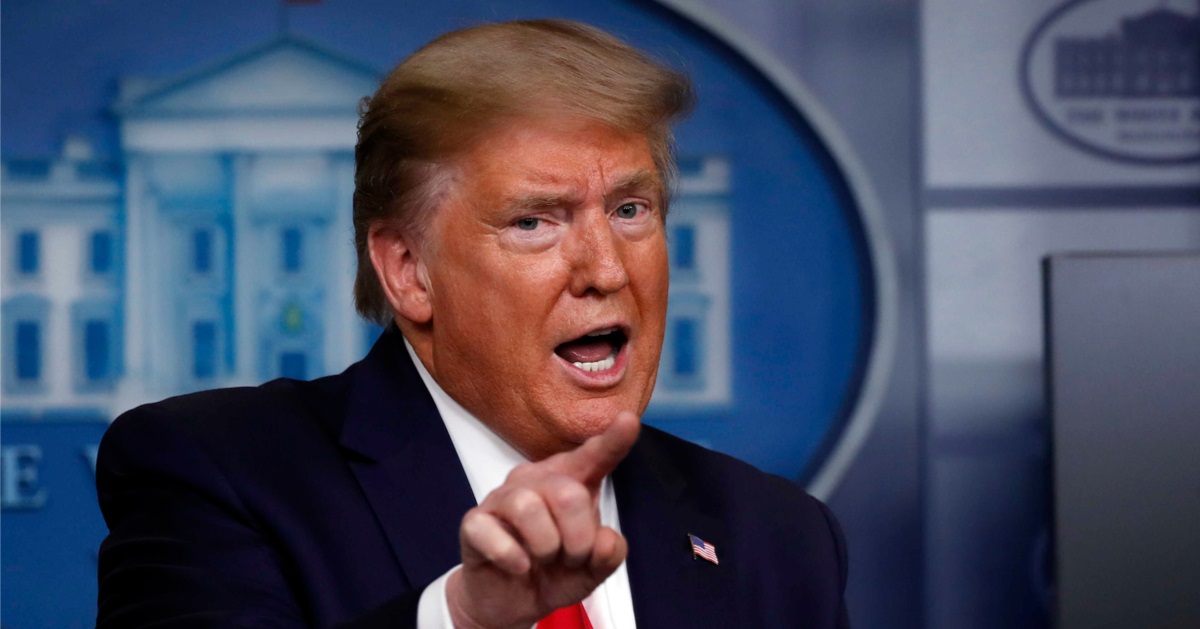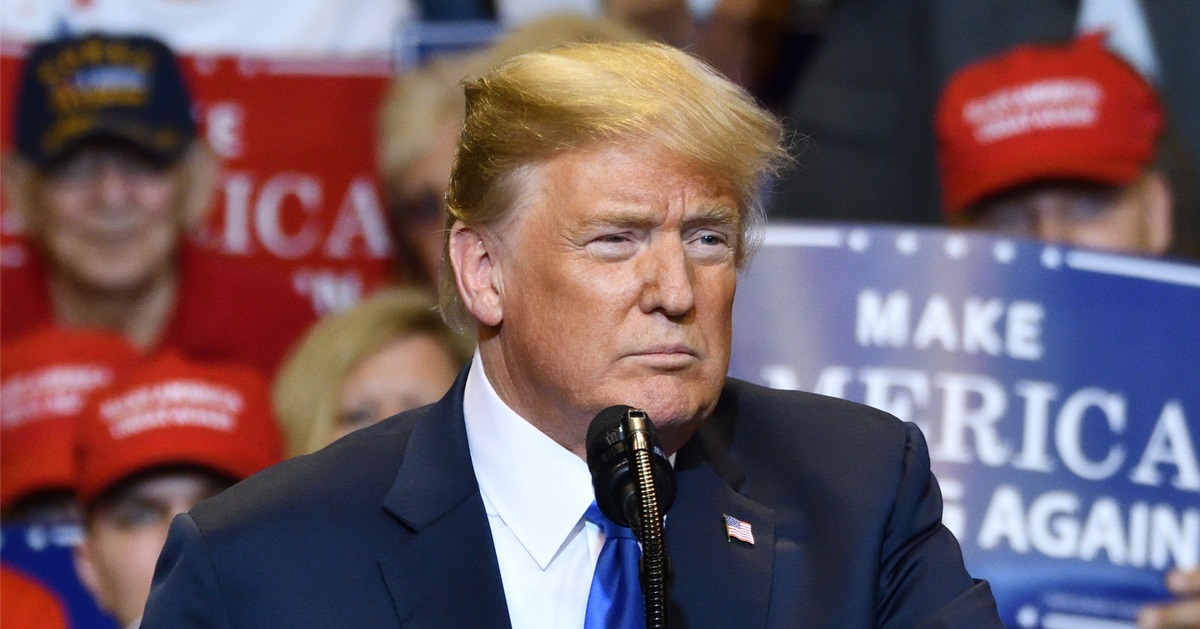US sanctions Colombia's President Petro over drug policy
Brace yourselves, folks—diplomatic fireworks are erupting as the United States slaps sanctions on Colombia’s President Gustavo Petro, accusing him of letting drug cartels run rampant.
The crux of this escalating clash is Washington’s frustration with Petro’s drug policies, alongside tensions with President Donald Trump over military strikes on smuggling boats, with sanctions now targeting Petro, his family, and key administration figures, the BBC reported.
Historically, Colombia stood shoulder-to-shoulder with the US in the war on drugs, raking in massive military aid to battle narcotics gangs.
Diplomatic Tensions Boil Over with Sanctions
Fast forward to today, and that alliance looks shakier than a house of cards in a windstorm, as the US Treasury points fingers at Petro for what it calls a catastrophic failure to stem cocaine production.
According to Treasury Secretary Scott Bessent, since Petro took office, cocaine output has “exploded to the highest rate in decades, flooding the United States and poisoning Americans.” Well, that’s a stark claim—hard to ignore when the numbers, as confirmed by researchers like Héctor Galeano, show record-high production levels in Colombia.
These sanctions don’t just stop at Petro; they extend to his wife, eldest son, and Interior Minister Armando Benedetti, freezing any US-based assets and properties they might have.
Petro Pushes Back Against US Criticism
Petro, unsurprisingly, isn’t taking this lying down, arguing he’s been battling drug trafficking “for decades” and claiming his administration has actually slowed coca crop expansion.
He’s also fired back at the Treasury, calling their actions “an arbitrariness typical of an oppressive regime.” That’s quite the jab, but when cocaine is reportedly flowing through Mexican cartels into the US, one wonders if fiery rhetoric will solve the problem.
Adding fuel to the fire, Petro insists the surge in coca cultivation happened under his predecessor, Iván Duque, not on his watch, while stressing that curbing production hinges on reduced demand in the US and Europe.
Military Strikes Spark Heated Exchanges
The bad blood between Petro and Trump isn’t just about drugs—it’s also about US military strikes on boats suspected of smuggling, strikes that have killed dozens, including Colombian citizens.
Trump has defended the actions, stating other nations had “failed to stop the boats,” while Petro has accused him of “murder” over the deadly operations. Talk about a diplomatic deep dive into rough waters—both leaders seem dug in on this one.
Petro doubled down in a BBC interview, branding the strikes in the Caribbean as an “act of tyranny,” and later argued at the UN that they’re less about drugs and more about dominating Latin America.
Colombia’s Alliance Status Takes a Hit
Amid this spat, the US is revoking Colombia’s status as a key ally in the anti-drug fight, cutting off financial support, while Colombia retaliates by halting purchases of American weapons.
Petro’s big promise of “total peace” through negotiations with violent cartels seems to be crumbling, with talks stalling and attacks on the rise—hardly the harmony he campaigned on. It’s a tough spot for a leader facing both domestic chaos and international scorn, though one can’t help but sympathize with the complexity of tackling such entrenched crime.
While sanctioning a sitting head of state is rare, it’s not unheard of—think Russia or Venezuela—so the US clearly means business, even if it risks further alienating a once-close partner. The question remains: will this hardline stance push Colombia to clean house, or just deepen the divide? Only time will tell, but for now, the war on drugs looks more like a war of words.



